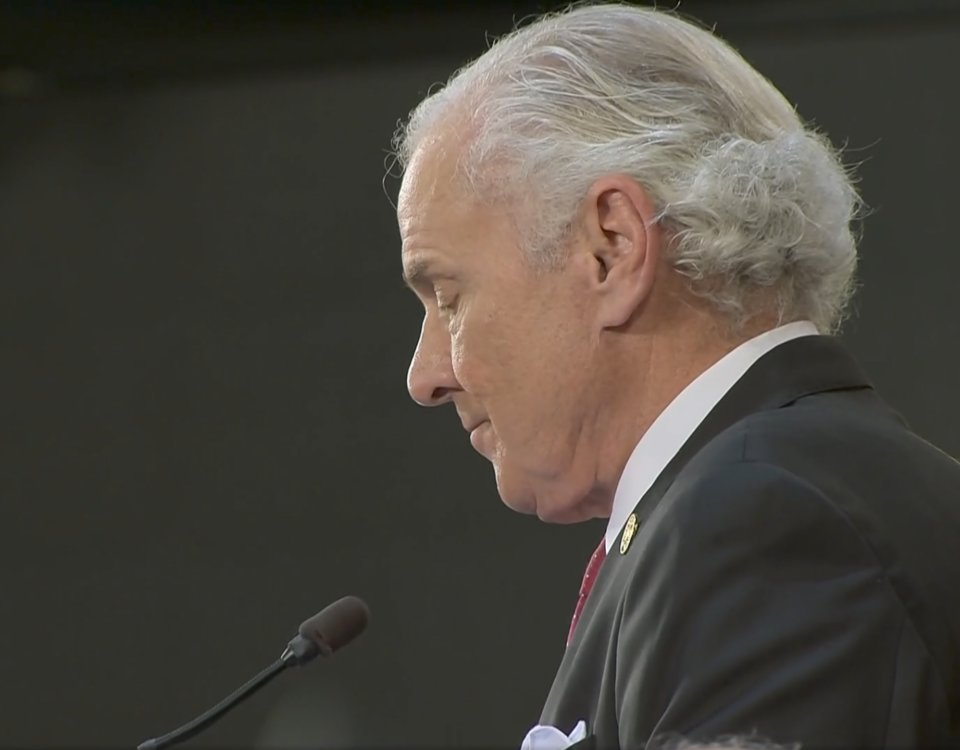COVID Legislation Update 3.11.21
March 11, 2021
Op-Ed: Make DACA the Example
April 14, 2021Legislature 101: What is “Crossover”?

The General Assembly is running up against its “Crossover Deadline” on April 10th. You’ll hear a lot about it over the next few weeks, but what does it mean?
In a nutshell: Saturday, April 10th is the deadline when a bill that originates in one chamber must move to the other chamber to be considered before the end of the session. Every state legislature across the country has some sort of crossover deadline (except Nebraska, which has a unicameral legislature).
What does that mean with real legislation?
- S. 147, the COVID Liability protections bill, is a Senate bill that passed last month and currently resides in the House Judiciary Committee. That bill has already made “crossover” since it has already passed the Senate and can be considered by the House at any time. However, because it made the crossover deadline, it may not be debated until after April 10th as the House generally considers bills it must pass before that date.
- H. 3620, the Hate Crimes Penalty Enhancement bill, is a House bill that is still on the House calendar. If it doesn’t pass third reading in the House by April 10th, it can’t be considered by the Senate without a two-thirds vote, which is highly unlikely for a controversial bill. (If hate crime enhancements can be considered controversial.)
This is the first year of a two-year session, so the crossover deadline isn’t a major problem because legislation can still be considered next January. April 10th, 2022 is a major deadline that pretty much indicates a bill is dead if it doesn’t make the deadline. And, because April 10th is a Saturday this year, the effective date for crossover is Thursday, April 8th – the last day the General Assembly is expected to be in session.
As I mentioned above, missing the deadline isn’t the necessarily the end. A chamber can take up a bill with a two-thirds vote. Emergencies (additional COVID legislation or hurricane relief, for example) and other major legislation can usually meet that hurdle. There are two other options for getting a bill through that they didn’t teach you in Politics 101.
- Legislators can find a similar bill and do a “strike and insert” amendment with a bill that has already made crossover. Those amendments remove the original language and replace it with the language from the bill they need to consider. The General Assembly did this last year with emergency COVID relief legislation since it was easier than getting the two-thirds votes (and it bypassed a committee process could have potentially delayed the bill by weeks).
- The other option is to amend an existing bill and tack on the legislation needed. We did this last year with our affordable housing tax credit bill. We found a similar bill that addressed the same code section. We asked the sponsor and the bill’s supporters if we could tack our bill on to it. The House amended the bill and it wound up becoming law.
That’s that basic idea of crossover. More questions? Email us and we can answer them!




